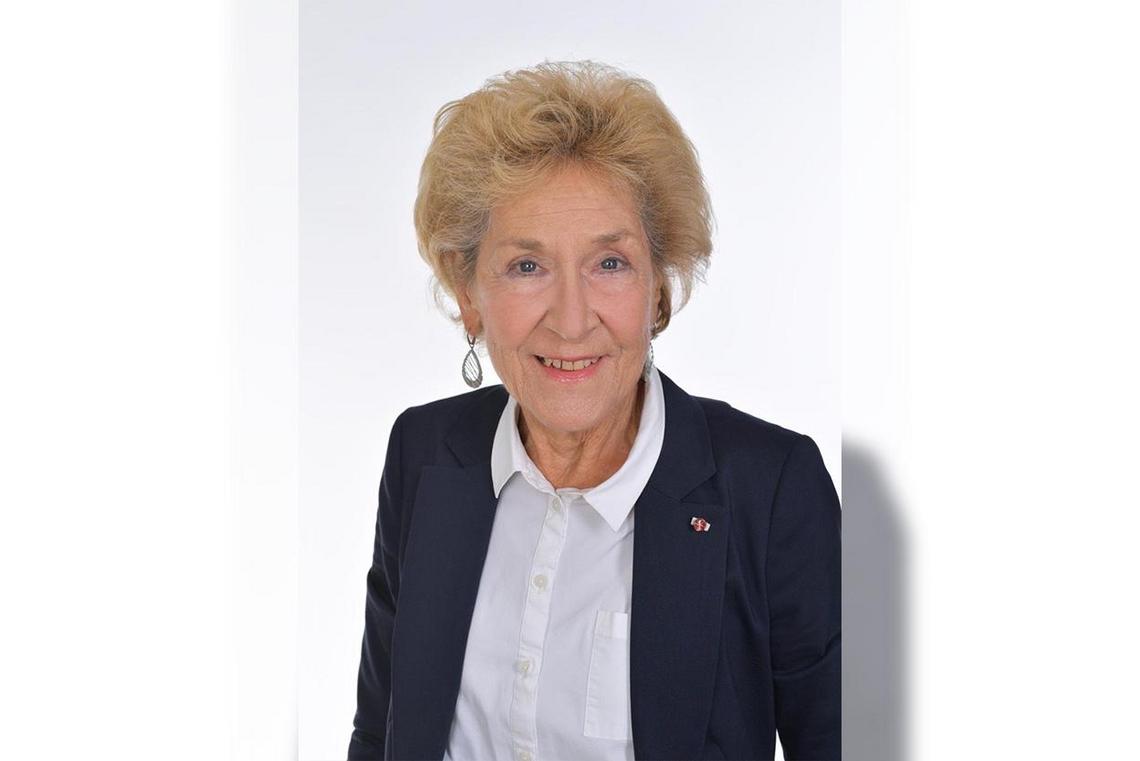Our former Rector of IMC Krems, Eva Werner, is the new President of AQ Austria.
News
Eva Werner as new President of AQ Austria

In September, the Board of AQ Austria unanimously elected the former Vice President Eva Werner as President. This makes her the successor to Thomas Bieger and she will take up her position on 16 January 2025.
‘We would like to congratulate Eva Werner and wish her all the best in her new position. During her time as Rector, she was already particularly committed to the quality of teaching and the internationality of our University of Applied Sciences,’ says Ulrike Prommer, CEO of IMC Krems.
About Eva Werner
Eva Werner was Rector of IMC Krems from 2010 to 2019, where she had held a professorship since 1994 and was Vice Rector for Studies, Teaching and Internationalisation from 2005 to 2009. From 2012 to 2018, she was a member of the Presidium of the Austrian University of Applied Sciences Conference and at the same time a member of the General Assembly of AQ Austria. She works as a Bologna expert, is a member of the national Bologna Follow-up Group and has been an expert in international audits and accreditation procedures on several occasions.
About AQ Austria
The Agency for Quality Assurance and Accreditation Austria (AQ Austria) was founded in 2012 on the basis of the Higher Education Quality Assurance Act as a quality assurance agency for Austrian higher education institutions.
The Board of AQ Austria is the central, independent and autonomous decision-making body of AQ Austria. This body of experts is responsible in particular for all decisions on accreditation and certification, decisions on procedural guidelines and standards, supervisory functions vis-à-vis accredited educational institutions in Austria, the publication of results of quality assurance procedures and the organisation of the head office. Due to the different types of quality assurance procedures, the Board has both sovereign and non-sovereign competences.

